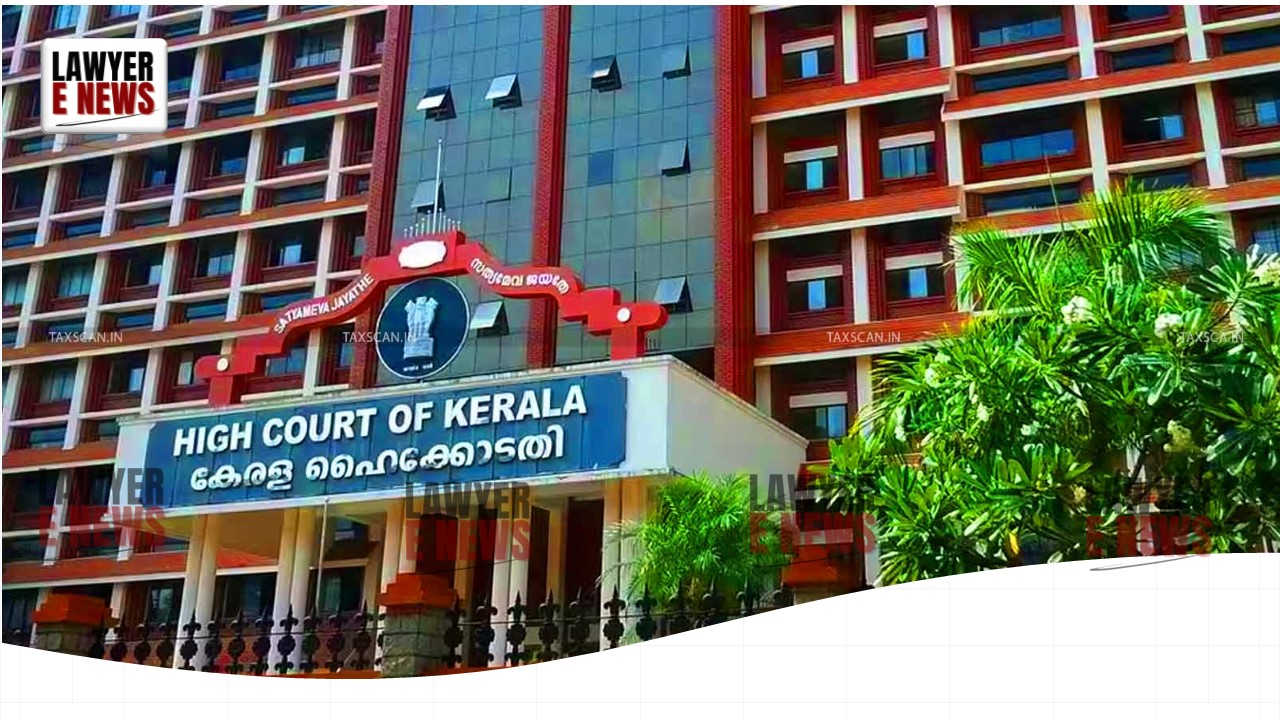-
by Admin
15 February 2026 5:35 AM



Kerala High Court dismissed a petition by the Trivandrum Tennis Club seeking renewal of its FL4A foreign liquor license and challenging the government’s claim for over ₹31 crore in unpaid lease arrears. The court upheld the government's decision to deny the license and reclaim the land, citing the club’s failure to comply with the 1995 Land Assignment Rules.
"Failure to Pay Lease Arrears of ₹31 Crore Makes Club Liable for Land Reclamation": Kerala HC Rules Against Trivandrum Tennis Club
The Trivandrum Tennis Club had contested the applicability of the 1995 Land Assignment Rules, arguing that its historical lease agreements exempted it from paying arrears. However, the court ruled that the club was bound by the updated rules and had failed to comply with the conditions for lease renewal, making the government's actions legal.
The Trivandrum Tennis Club, established in 1937, had been operating on land leased from the government since 1950. The lease was renewed in 1975 for 50 years, with the current term expiring in 2025. The club also held a foreign liquor license, which was periodically renewed. However, after the enactment of the 1995 Assignment of Land Rules, the club was required to renew its lease under the new rules and clear significant arrears, which it failed to do.
The government claimed arrears totaling ₹31.2 crore for the period 1995-2023. The club challenged this demand and sought the renewal of its FL4A license, leading to the current legal proceedings.
The court considered whether the club was bound by the 1995 Rules regarding lease renewal and payment of arrears, and whether the government was justified in refusing to renew the liquor license.
The court held that the 1995 Rules applied to the club, and despite the club’s application for renewal in 1998, it had failed to pay the arrears. The club could not claim immunity from the rules or arrears.
The court emphasized that the club's failure to act in accordance with the rules and its long-standing arrears disqualified it from seeking renewal of the liquor license or continuing to occupy the leased land.
The court dismissed the club’s petition, stating that the refusal to renew the FL4A license was valid due to the unpaid arrears. The court authorized the government to reclaim the land leased to the club and recover the dues.
"The petitioner has no legal basis to challenge the applicability of the 1995 Rules after defaulting on lease payments for nearly three decades."
The Kerala High Court’s ruling underscores the government's authority to enforce lease agreements and recover arrears, reaffirming that leaseholders must comply with updated laws and regulations. The decision sets a precedent for enforcing compliance with land lease rules across the state.
Date of Decision: October 9, 2024
Trivandrum Tennis Club vs. State of Kerala
